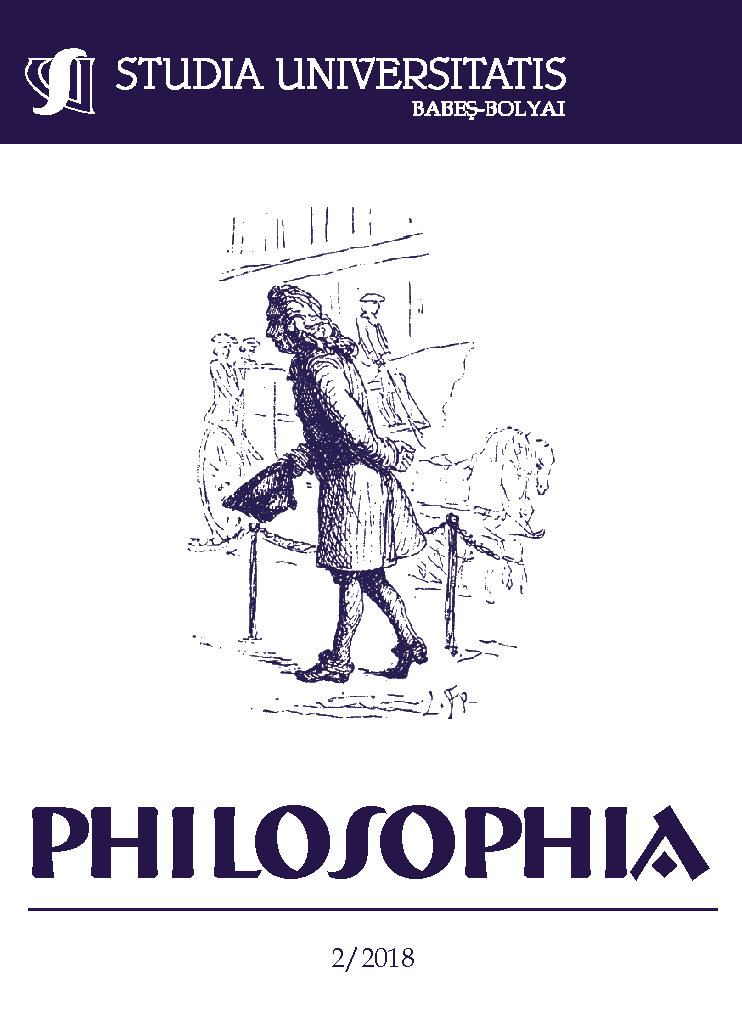SYMBOLIC TAUTOLOGY, NON-SYMBOLIC PHENOMENOLOGY AND THE “STRUCTURE” OF THE UNCONSCIOUS
DOI:
https://doi.org/10.24193/subbphil.2018.2.01Keywords:
act, jouissance, knowledge, sense, thing(s), unconsciousAbstract
This paper revolves around a logic of thinking that the Lacanian psychoanalysis calls the logic of the not whole. Within the confines of this logic, tautology is not only a truth that needs no demonstration, but also the proof that the absolute truth is always missing. In a certain way, the evidence of things being self imposing, it is always easy to fell into the illusion that things exist by themselves. The effect of this illusion is the thing itself (das Ding), claims Marc Richir. In order to avoid the illusion that tautology is creating, Richir indicates that although there are a variety of elements involved by this problem, there is one that underlines the whole development of truth: Sache as affair, or as something to be done. Put in other words, while das Ding is an answer, Sache is a question waiting to be answered. Sache is an empty space, or a gap, which corresponds exactly to the logic of the not whole. Because of the Sache, the meaning itself becomes a question to be answered. It becomes a sense-in-the-making, if we are to use Richir’s idea of le sens se faisant which is situated at the core of his non-symbolic phenomenology. Counting on the logic of the not whole, this paper is following the consequences that Sache and le sense se faisant have in language, with the first one corresponding to the concept of the unconscious.
References
Lacan Jacques, The Other Side of Psychoanalysis, W.W. Norton & Company, 2007.
Lacan Jacques, “Radiophonie” in Autres écrits, Seuil, 2001.
Plato, Meno, Focus, 1998.
Richir Marc, “La refonte de la phenomenology”, Eikasia, september/ 2011, pp. 55-71.
Richir Marc, Phénoménologie et institution symbolique, Ed. Jérôme Millon, 1988.
Soler Colette, Lacan - The Unconscious Reinvented, Karnac Books, 2014.
Downloads
Published
How to Cite
Issue
Section
License
Copyright (c) 2018 Studia Universitatis Babeș-Bolyai Philosophia

This work is licensed under a Creative Commons Attribution-NonCommercial-NoDerivatives 4.0 International License.





